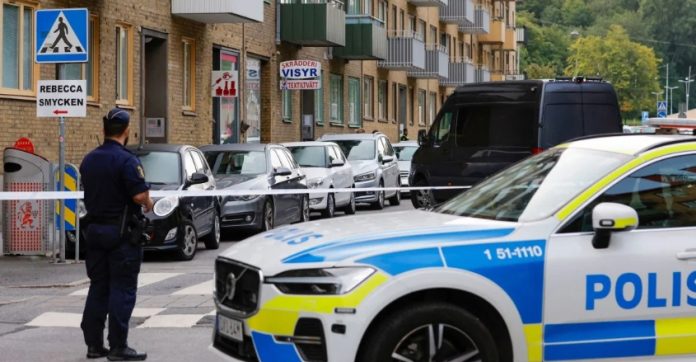The head of Sweden’s Bomb Data Centre, Malin Nygren, said Swedish law enforcement and security authorities seized a record number of explosives last year, with the number of bombings rising to 149.
Malin Nygren described 2023 as the darkest year in the country’s history in terms of criminal gangs using explosives to attack each other. She added that authorities seized more than 10 tonnes of explosives last year.
Malin noted that 149 bombings occurred in Sweden last year, a two-thirds increase, and that “we have never seen anything like this.”
Most of the blasts occurred in urban areas, she said, blaming several criminal gangs using explosives in their showdowns. Despite efforts by the authorities concerned, it was impossible to prevent the blasts overnight, she said.
Hundreds of people were displaced after powerful blasts in apartment blocks and residential neighbourhoods were reported throughout the year.
One of last year’s most powerful explosions took place in Hasselby, northwest of Stockholm, using 15 kilograms of dynamite. According to Nygren, 50 per cent of the traced dynamite was available in markets.
However, police will not launch a nationwide investigation to identify the companies that supplied the dynamite until 2024. The government has initiated cases in which a judicial review will determine whether the companies should be allowed to continue their activities.
The municipality is responsible for issuing permits, but it cannot control whether an unscrupulous company operates in municipalities, Nygren said. There have been 650 bombings in Sweden since police began tracking them in 2018.
The law on flammable and explosive substances was tightened in 2021, emphasising stronger controls and assessing the suitability of people working for companies that use explosives in their operations.
It became effective in 2023, she said, adding that municipalities are making efforts and have also started working closely with the industry, which itself is doing a lot to reduce deficiencies. As of this month, penalties for explosives offences are being toughened.
The Bomb Data Center was established three years ago and consists of analysts and intelligence personnel from the police, the Armed Forces and Säpo. The centre’s mission is to assess the threat picture from crime and terrorism linked to explosive substances.
